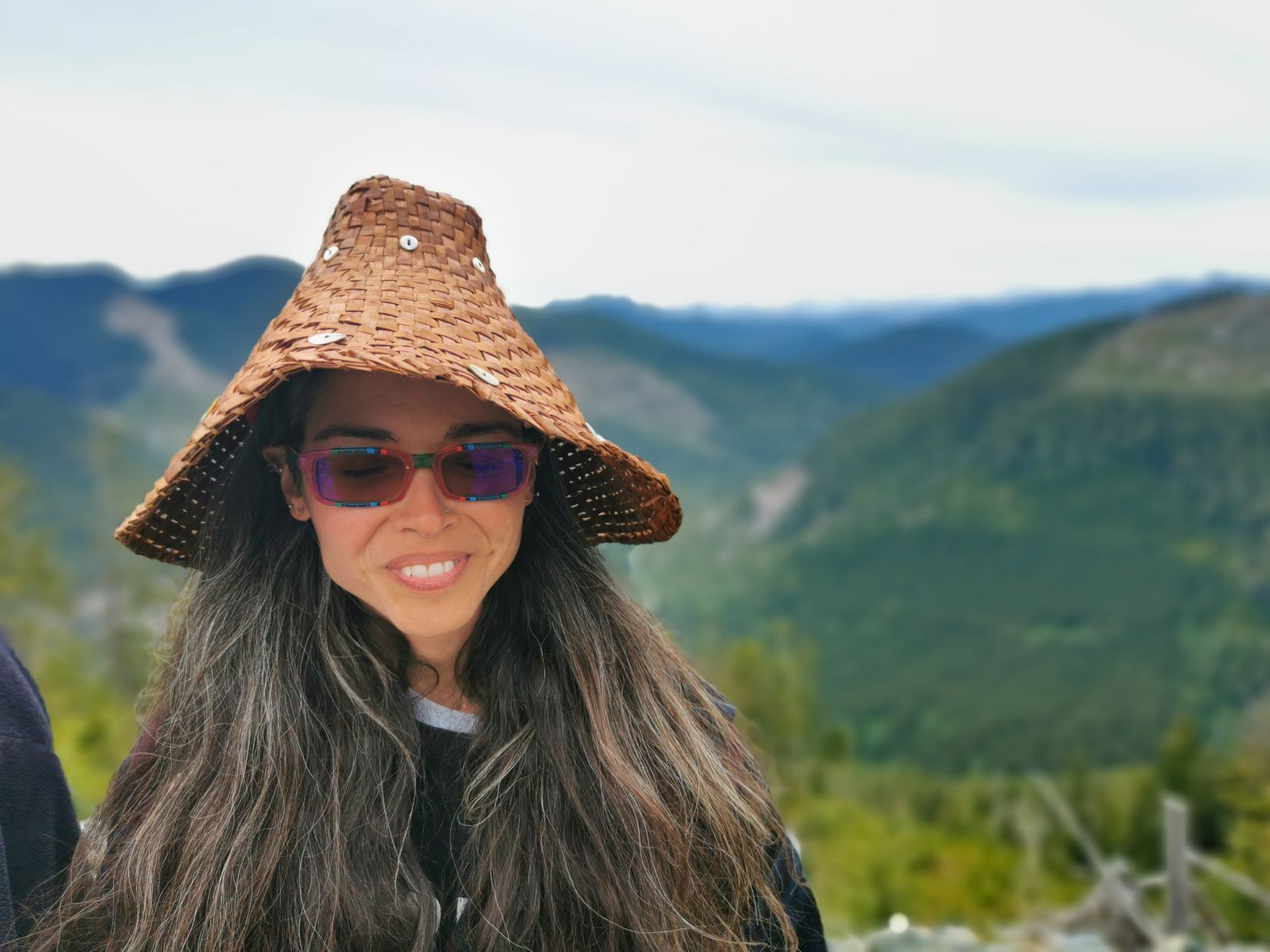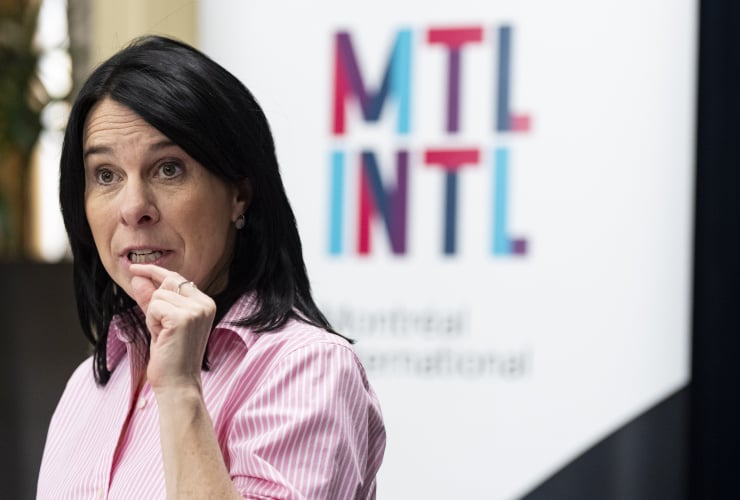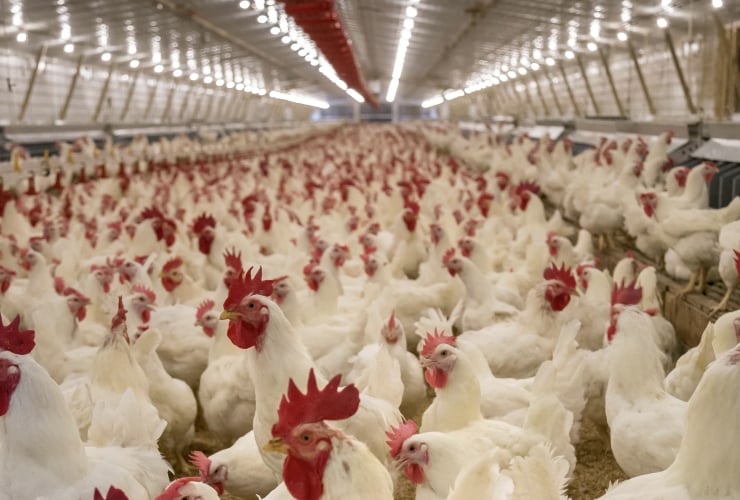Support journalism that lights the way through the climate crisis
In British Columbia, Indigenous Peoples are expected to move seamlessly between two worlds and two sets of laws — sacred law and colonial law. When these are in conflict, they are asked to abandon one for the other. But to side with colonial law over sacred law is to abandon millennia of tradition.
On any given day, Indigenous people are celebrated and acknowledged as the original stewards of the lands on which we work, live and play. However, that acknowledgment is no longer unconditional the minute they put their bodies in the way of colonial projects that harm the lands they have been taught to protect.
The conundrum manifests in tensions that arise during land use negotiations and contracts with corporations looking to extract timber, fish, minerals or run pipelines through unceded and treaty territories. The Kanesatake-Oka Crisis, Grassy Narrows and raids on Wet’suwet’en territory in 2021 are stark examples of the price Indigenous Peoples pay for their defiance.
When Angela Davidson (Rainbow Eyes) spoke to reporters outside the Nanaimo courthouse prior to her 60-day sentencing last week, she said, “We are ready for a sentencing that fits into this colonial system. There is no price too high to protect our Mother Earth.”
Rainbow Eyes herself embodies a cultural and spiritual divide. Her father is of British descent. She was born on Vancouver Island and raised in her mother’s Coast Salish traditions and those of the Da'naxda'xw/Awaetlala First Nation. Within that nation’s tradition and language is the deeply rooted understanding of maya’xala, to have respect for all living things.
On April 24, she was brought before the B.C. Supreme Court in Nanaimo for her repeated refusal to bend her sacred laws and traditions to colonial laws that she would argue uphold the rights of governments and corporations and harm the land.
She was found guilty of seven counts of contempt of court in relation to her arrest in 2021 for breaching a court injunction granted to Teal-Jones Cedar Products, which had a licence to cut timber in the Fairy Creek watershed. She was arrested in the area six more times, including once when she was in violation of her ongoing house arrest.
Justice Christopher Hickson sentenced her to 75 hours of community service and 60 days at Alouette women’s prison in Maple Ridge. She was given remand credit for 12 days already served. In his judgment, Hickson’s opinion was clear: Davidson must learn to respect the law.
The opening line of The Gladue Principles: A Guide to the Jurisprudence by Benjamin Ralston reads: “At its most basic level, justice is understood differently by Indigenous people.” The principles not only refer to the unique circumstances Indigenous people face within the legal system, but also the different world views and legal perspectives held by Indigenous nations and communities.
The Gladue principles came out of a number of task forces launched across the country in the early 1990s to re-evaluate the unfair relationship of Indigenous Peoples with the legal system in Canada.
The Supreme Court of Canada Gladue decision recognizes that the criminal justice system “reflects a foreign world view, a foreign legal tradition, and foreign perspectives. They anticipate accommodation of the distinct legal, cultural, and historical perspectives.” To this end, Supreme Court Judge Douglas Thompson requested a full Gladue Report on Davidson from the B.C. First Nations Justice Council when he presided over her bail hearing in May 2022. Judge Hickson did not make a similar request.
“She was protesting on land,” said Hickson, “that was not within her jurisdiction… I’ve found that despite Ms. Davidson’s history, her offences themselves did not arise from systemic factors of her background, whether as the cause or otherwise... Ms. Davidson’s Indigenous status does not shift the primary objectives of denunciation and deterrence in her case.”
Two important issues arise out of Hickson’s sentencing comments that are relevant to the Gladue Report omission. As an Indigenous woman raised and trained in sacred laws that demand she protect all land and water, Davidson’s “jurisdiction” is impossible to define. Justice to her means the protection of Mother Earth at all costs. Anywhere. And no deterrent devised by a colonial court system will prevent her from defending that sacred law again.
As she said: “No price is too high.”
As for her “circumstances,” some argue surely these include her experience as a Ha-ma-yas Stewardship Network Guardian for the Da’naxda’xw/Awaetlala First Nation, the four years that she worked as a guardian in Knight Inlet, and her participation in training future land and water guardians with the Nanwakolas Council Society. Surely her circumstances include that she is deputy leader of the Green Party of Canada, which has an enduring commitment to environmentalism, non-violence, social justice and eco-socialism.
Upon her conviction, the statement from the Green Party of Canada read: It is “crucial that the courts differentiate between a calculated intention to bring the administration of justice into disrepute and a calculated intention to publicly exercise democratic rights and fundamental freedoms protected under the charter to express lawful, non-violent dissent with existing laws and regulations.”
Time and time again, Davidson’s actions and her circumstances point to her profound commitment to follow the “letter” of her sacred laws.
A 2011 Consultation and Revenue Sharing Agreement intended to “provide stability for the pursuit of forest resource development on Crown lands” there reads: “British Columbia recognizes that Da’naxda’xw has a unique history and its own culture and traditions that help define it” and presumably, its people. Davidson is one of those people. In the context of that agreement, the province acknowledges those traditions, those enduring sacred laws.
B.C. acknowledges that she is guided by the unique laws that define and guide her, whether she’s in Knight Inlet or Fairy Creek, as long as they don’t guide her to impede corporate interests or the colonial laws that prop them up.
On Monday, Angela’s lawyer, Ben Isitt, appealed Hickson’s decision, so the B.C. Court of Appeal ordered Davidson’s release from custody.
“We are still trying to braid the laws — the Indigenous and natural laws and the colonial laws,” said Rainbow Eyes, when she stepped back into freedom.






Comments